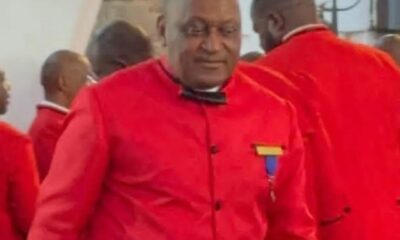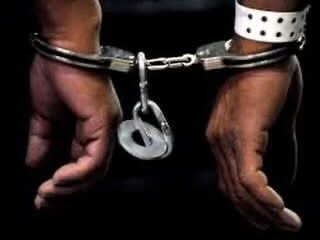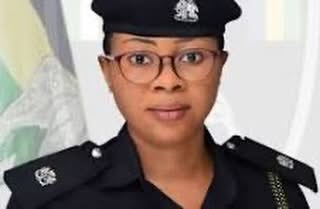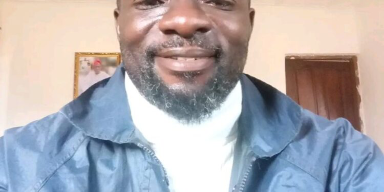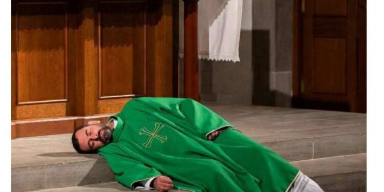Politics
EXCLUSIVE: Suspended Rivers Gov Fubara To Join APC After Tinubu Deal, Political Intimidation In Bid To Crush Opposition Before 2027 Polls
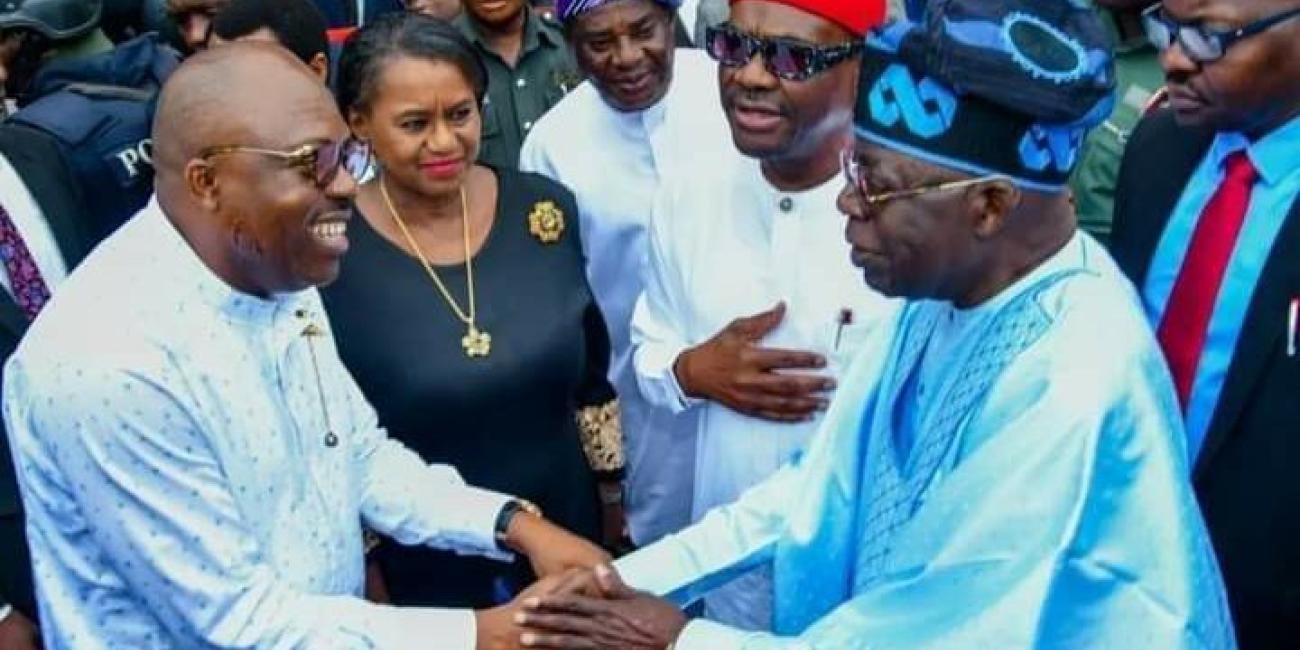
This development, sources say, is the culmination of a calculated campaign by the APC-led Federal Government to weaken opposition strongholds across the country ahead of the next general elections.
In a major political twist that could reshape the 2027 electoral landscape, exclusive information obtained by SaharaReporters reveals that President Bola Ahmed Tinubu has finally coerced Rivers State Governor, Siminalayi Fubara, into joining the ruling All Progressives Congress (APC), following months of intense political pressure, institutional intimidation, and strategic coercion.
This development, sources say, is the culmination of a calculated campaign by the APC-led Federal Government to weaken opposition strongholds across the country ahead of the next general elections.
According to sources, the objective is to consolidate power, neutralise political threats, and ensure that President Tinubu coasts to victory in 2027 with minimal resistance.
Multiple sources familiar with the situation describe the pressure mounted on Governor Fubara as “unprecedented and deeply troubling” in Nigeria’s democratic history.
The Federal Government, allegedly using every state apparatus—from the judiciary and security agencies to the National Assembly—launched a coordinated offensive aimed at undermining Fubara’s authority and isolating him politically, until he had no viable option but to capitulate.
At the centre of this political storm is Minister of the Federal Capital Territory (FCT), Nyesom Wike, Fubara’s political godfather-turned-adversary.
With federal backing, Wike spearheaded a relentless campaign to bring Fubara to his knees. From orchestrated legislative threats to judicial manoeuvers and threats of impeachment, Wike was said to be acting with the full blessing of the Presidency.
“The President wanted Rivers State under control by any means necessary,” one source disclosed. “The fear of 2027 is real. Their internal assessments showed that public discontent was growing over hardship, insecurity, and economic mismanagement. The only way out was to break the opposition and enforce loyalty, state by state.”
This explains why, according to political observers, the Presidency turned a deaf ear to the outcry from prominent Nigerians and civil society groups who condemned the sustained political siege on Governor Fubara.
Sources say the turning point came during the controversial “2025 London Peace Accord,” a high-level secret negotiation between Fubara and Tinubu.
“It was during this meeting that Governor Fubara agreed to join the APC in exchange for political survival,” one of the sources said.
In April, during a working visit to London, President Bola Tinubu met with suspended Rivers State Governor Siminalayi Fubara.
The meeting, confirmed by The Africa Report, has not been officially acknowledged by the Presidency.
According to officials, it marked the first face-to-face encounter between Tinubu and Fubara since the President declared a state of emergency in Rivers State and removed Governor Fubara and his deputy, Ngozi Odu, from office.
As part of the terms, the embattled Governor would be reinstated—albeit under strict conditions—with control of Rivers State’s resources now shared or closely monitored by the ruling party’s power brokers. The same Wike who publicly derided and sought Fubara’s removal is now singing a different tune, recently describing the Governor as “his son” and denying ever fighting him.
In a recent interview with BBC Pidgin, Wike denied fighting with the suspended Rivers State governor, saying, “Fubara is my son, why will I fight with him?
“I’m only fighting against people who want to steal what they did not work for.
“When you don’t defeat them, they will think you….. Defeat them to the final stage.
“Now, they are ashamed because they are being defeated. They are the ones pushing Fubara.”
According to the publication, Wike noted that he had told Fubara during a visit that he was ready for peace — if Fubara was ready as well.
“I told him that you have yam in your hand and the knife, you are the one that knows how you want peace. If you want sincere peace, you take, if you want dubious peace, you also take.”
This abrupt political U-turn has left many Nigerians disillusioned.
“Fubara has been beaten into submission, and Rivers State has been turned into a pawn in the power game of Abuja,” one of the sources said.
“No governor has ever suffered such humiliation as Governor Fubara suffered in the history of Nigerian politics.”
The source lamented how Fubara, a governor, was “humiliated, tormented, and politically crushed” to force him into the ruling party.
No governor has been subjected to such abuse of power in Nigeria’s history,” the source said.
How Tinubu Declared Emergency Rule in Rivers State
On March 18, 2025, President Tinubu invoked Section 305 of the 1999 Constitution (as amended) to declare a state of emergency in Rivers State, citing a breakdown of law and order and the failure of constitutional mechanisms to resolve the escalating political crisis in the state.
The declaration followed months of intense political turmoil between Fubara and his estranged political godfather, Wike.
The conflict, which began shortly after Fubara assumed office in May 2023, led to repeated attempts by a faction of the state House of Assembly to impeach the governor, violent protests, destruction of government property, and a governance vacuum in the state executive council.
Citing the state government’s inability to maintain public order and coordinate essential governance functions, President Tinubu also secured a controversial National Assembly approval for the emergency declaration as required by the Constitution.
He stated that the crisis in Rivers had become a national security concern with implications for democratic stability.
Following the proclamation, Governor Fubara and his deputy, Ngozi Odu, were suspended from office, along with key state officials, and the state’s executive and legislative functions were dissolved.
The President then appointed a sole administrator, retired Vice Admiral Ibok-Ete Ekwe Ibas, believed to be loyal to the Presidency, to take charge of governance in the state during the emergency period.
The move was widely condemned by opposition parties, civil society groups, and constitutional scholars, who argued that the declaration was politically motivated and violated democratic norms.
Critics accused the Tinubu administration of using federal power to suppress dissent and consolidate control over opposition strongholds ahead of the 2027 general elections.
Despite public outcry, the state of emergency remained in effect, and federal security forces took over key government institutions in Port Harcourt, further deepening fears of a creeping authoritarianism under the guise of constitutional emergency powers.
Politics
Electoral Reform: Dino alleges senate’s plot to rig 2027 election
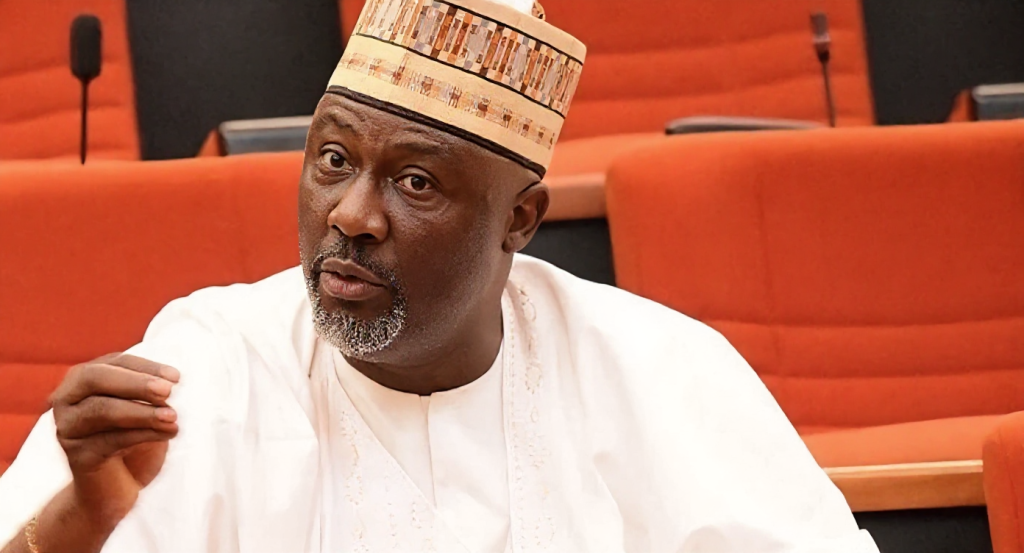
Former lawmaker, Dino Melaye Esq, has raised concerns over the Senate’s reported rejection of the electronic transmission of election results.
The move, according to Melaye, is a clear endorsement of election rigging and an indication of a sinister plan to rig the 2027 elections.
In a statement on Friday, the former lawmaker criticized the Senate’s decision, stating that it undermines the credibility of the electoral process.
The African Democratic Congress, ADC chieftain, also stated that the move opens the door for electoral manipulation and fraud.
He further warned that the rejection of electronic transmission of results is a step backwards for democracy in Nigeria.
Melaye called on lawmakers and citizens to stand up against “this blatant attempt to undermine the will of the people and ensure that future elections are free, fair, and transparent”.
Politics
Electoral Act: Nigerians have every reason to be mad at Senate – Ezekwesili
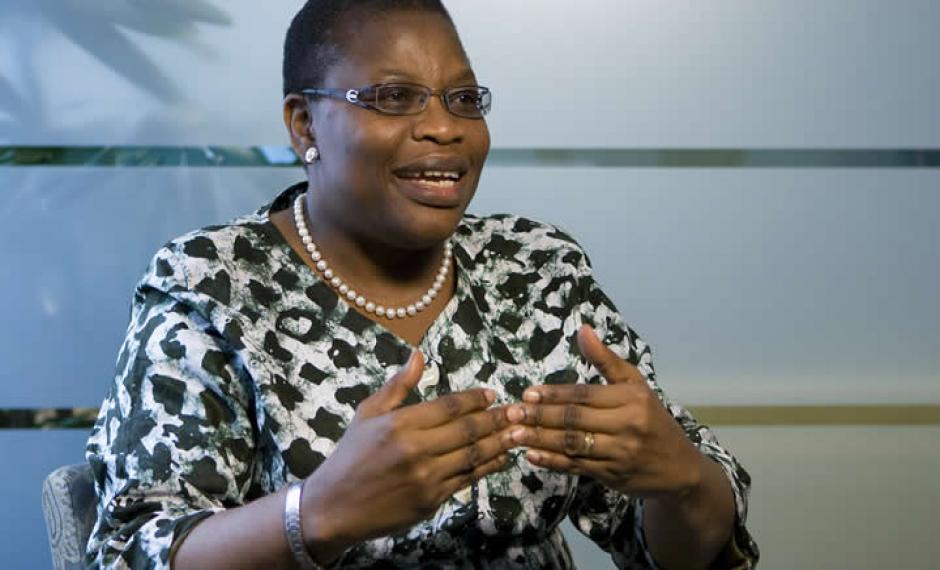
Former Minister of Education, Oby Ezekwesili, has said Nigerians have every reason to be mad at the Senate over the ongoing debate on e-transmission of election results.
Ezekwesili made this known on Friday when she featured in an interview on Arise Television’s ‘Morning Show’ monitored by DAILY POST.
DAILY POST reports that the Senate on Wednesday turned down a proposed change to Clause 60, Subsection 3, of the Electoral Amendment Bill that aimed to compel the electronic transmission of election results.
Reacting to the matter, Ezekwesili said, “The fundamental issue with the review of the Electoral Act is that the Senate retained the INEC 2022 Act, Section 60 Sub 5.
“This section became infamous for the loophole it provided INEC, causing Nigerians to lose trust. Since the law established that it wasn’t mandatory for INEC to transmit electoral results in real-time, there wasn’t much anyone could say.
“Citizens embraced the opportunity to reform the INEC Act, aiming to address ambiguity and discretionary opportunities for INEC. Yet, the Senate handled it with a “let sleeping dogs lie” approach. The citizens have every reason to be as outraged as they currently are.”
Politics
Electoral act: Senate’s action confirms Nigeria ‘fantastically corrupt’, ‘disgraced’ – Peter Obi
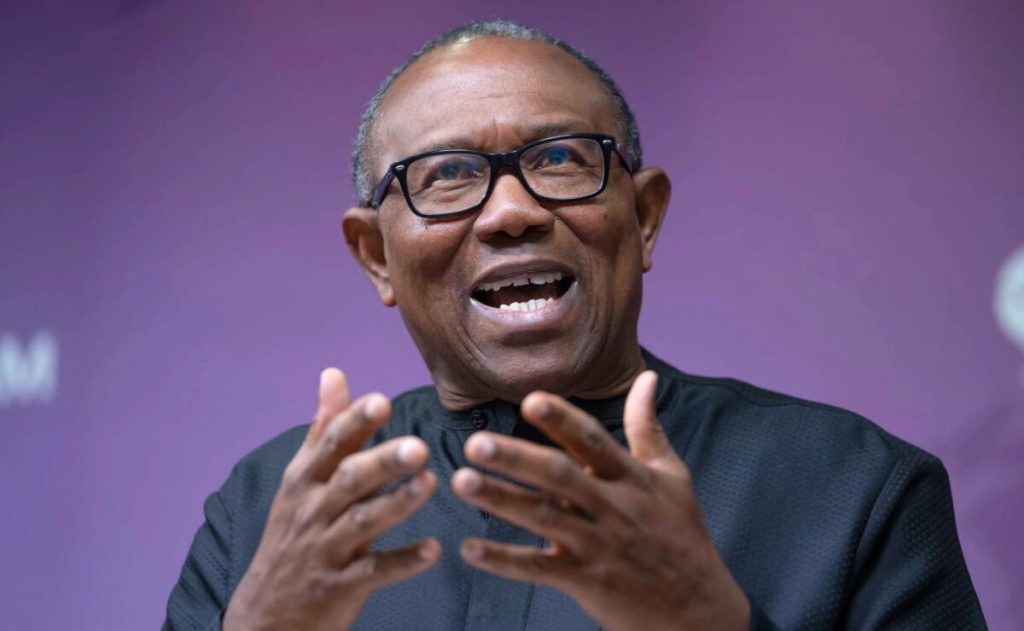
Former Labour Party presidential candidate, Peter Obi, has condemned the Senate’s refusal to make electronic transmission of election results mandatory, saying the move further exposes Nigeria as a fantastically corrupt and disgraced country.
Obi expressed his views in a statement shared on X on Friday, where he accused lawmakers of deliberately weakening Nigeria’s democratic process ahead of the 2027 general elections.
He explained that his reaction came after a brief pause to mourn victims of a deadly tragedy in Kwara State, where over 150 people reportedly lost their lives.
“Let us first pray for the souls of the innocent Nigerians lost in Kwara. That painful incident is why I delayed responding to the shameful development surrounding our electoral system,” he wrote.
Describing the Senate’s decision as intentional and dangerous, Obi said rejecting mandatory electronic transmission was not a simple oversight but a calculated attempt to block transparency.
“The Senate’s open rejection of electronic transmission of results is an unforgivable act of electoral manipulation ahead of 2027,” he said.
According to him, the action strikes at the heart of democracy and raises serious questions about the true purpose of governance in Nigeria.
“This failure to pass a clear safeguard is a direct attack on our democracy. By refusing these transparency measures, the foundation of credible elections is being destroyed. One must ask whether government exists to ensure justice and order or to deliberately create chaos for the benefit of a few.”
The former Anambra State governor linked the post-election controversies of the 2023 general elections to the failure to fully deploy electronic transmission of results, insisting that Nigerians were misled with claims of technical failures.
“
The confusion, disputes and manipulation that followed the 2023 elections were largely due to the refusal to fully implement electronic transmission,” he said.
He added that the so-called system glitch never truly existed.
Obi compared Nigeria’s electoral process with those of other African countries that have embraced technology to improve credibility, lamenting that Nigeria continues to fall behind.
“Many African nations now use electronic transmission to strengthen their democracy. Yet Nigeria, which calls itself the giant of Africa, is moving backwards and dragging the continent along.”
He criticised Nigeria’s leadership class, saying the country’s problems persist not because of a lack of ideas but because of deliberate resistance to meaningful reform.
“We keep organising conferences and writing policy papers about Nigeria’s challenges. But the truth is that the leaders and elite are the real problem. Our refusal to change is pushing the nation backwards into a primitive system of governance.”
Warning of the dangers ahead, Obi said rejecting electronic transmission creates room for confusion and disorder that only serves the interests of a small group.
He also recalled past remarks by foreign leaders who described Nigeria as corrupt, arguing that actions like this continue to justify those statements.
“When a former UK Prime Minister described Nigeria as ‘fantastically corrupt,’ we were offended. When former US President Donald Trump called us a ‘disgraced nation,’ we were angry. But our continued resistance to transparency keeps proving them right.”
Obi warned that Nigerians should not accept a repeat of the electoral irregularities witnessed in 2023.
“Let there be no mistake. The criminality seen in 2023 must not be tolerated in 2027.”
He urged citizens to be ready to defend democracy through lawful and decisive means, while also calling on the international community to closely monitor developments in Nigeria’s electoral process.
“The international community must pay attention to the groundwork being laid for future electoral manipulation, which threatens our democracy and development,” Obi stated.
He concluded by expressing hope that change is still possible if Nigerians take collective responsibility.
“A new Nigeria is possible but only if we all rise and fight for it.”
-
Business1 year ago
US court acquits Air Peace boss, slams Mayfield $4000 fine
-

 Trending1 year ago
Trending1 year agoNYA demands release of ‘abducted’ Imo chairman, preaches good governance
-

 Politics1 year ago
Politics1 year agoMexico’s new president causes concern just weeks before the US elections
-

 Politics1 year ago
Politics1 year agoPutin invites 20 world leaders
-

 Politics1 year ago
Politics1 year agoRussia bans imports of agro-products from Kazakhstan after refusal to join BRICS
-
Entertainment1 year ago
Bobrisky falls ill in police custody, rushed to hospital
-
Entertainment1 year ago
Bobrisky transferred from Immigration to FCID, spends night behind bars
-
Education1 year ago
GOVERNOR FUBARA APPOINTS COUNCIL MEMBERS FOR KEN SARO-WIWA POLYTECHNIC BORI

